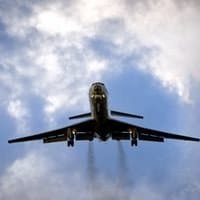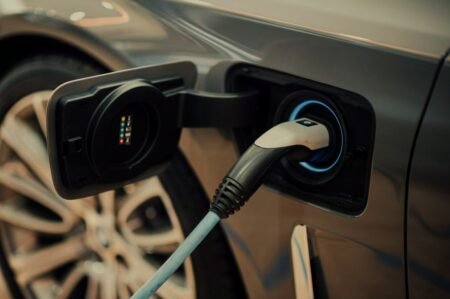(STRASBOURG) – The European Parliament approved a new law Wednesday to increase the uptake of sustainable fuels, such as advanced biofuels or hydrogen, in the aviation sector, in order to cut emissions.
The RefuelEU aviation rules are part of the “Fit for 55 package”, the EU’s plan to reduce greenhouse gas emissions by at least 55% by 2030 compared to 1990 levels and to ensure the EU becomes climate neutral by 2050. They seek to encourage the aviation sector to use sustainable aviation fuels in order to cut emissions.
The timeline on the provision of the jet fuel mix obliges EU airports and fuel suppliers to ensure that, starting from 2025, at least 2% of aviation fuels will be green, with this share increasing every five years: 6% in 2030, 20% in 2035, 34% in 2040, 42% in 2045 and 70% in 2050. In addition, a specific proportion of the fuel mix (1.2% in 2030, 2% in 2032, 5% in 2035 and progressively reaching 35% in 2050) must comprise synthetic fuels like e-kerosene.
The term ‘sustainable aviation fuels’ is defined as including synthetic fuels, certain biofuels produced from agricultural or forestry residues, algae, bio-waste, used cooking oil or certain animal fats. Recycled jet fuels produced from waste gases and waste plastic are also considered ‘green’.
MEPs ensured that feed and food crop-based fuels and fuels derived from palm and soy materials will not be classified as green as they do not meet the sustainability criteria. They also managed to include renewable hydrogen as part of a sustainable fuel mix, a promising technology that could progressively contribute to the decarbonisation of air transport.
As of 2025, there will be an EU label for the environmental performance of flights. Airlines will be able to market their flights with a label indicating the expected carbon footprint per passenger and the expected CO2 efficiency per kilometre. It will allow passengers to compare the environmental performance of flights operated by different companies on the same route.
“This is a tremendous step towards the decarbonisation of aviation,” said Parliament’s rapporteur José Ramón Bauzá Díaz : “It is now time for EU governments to implement the new rules and support the industry to ensure the cost-effective deployment of Sustainable Aviation Fuels across Europe as well as meeting EU targets.”
Once the Council has approved the new rules on sustainable aviation fuels these will apply as of 1 January 2024 and some provisions as of 1 January 2025.
Further information, European Parliament








